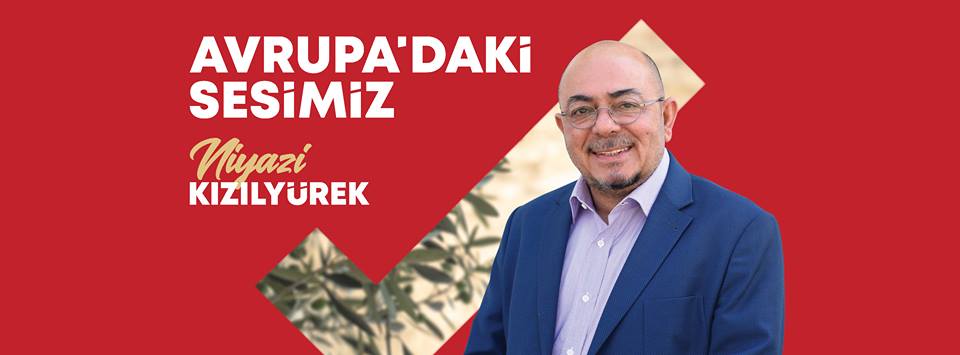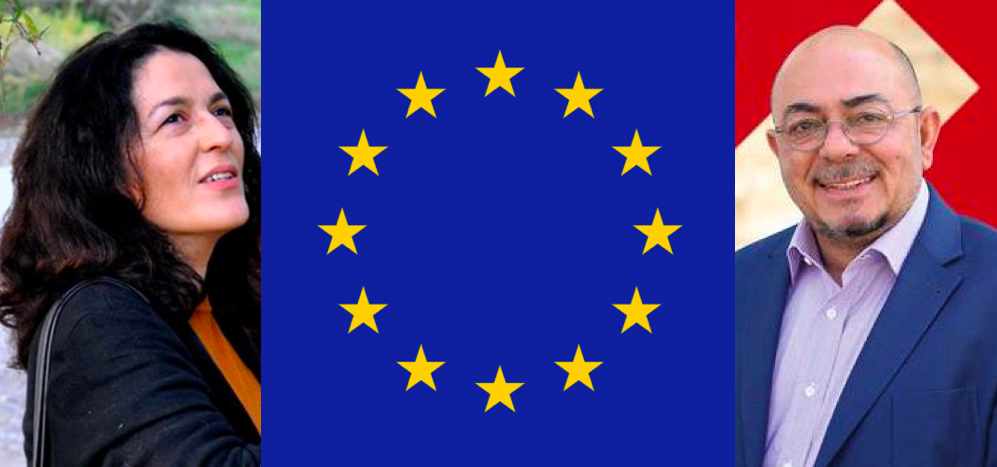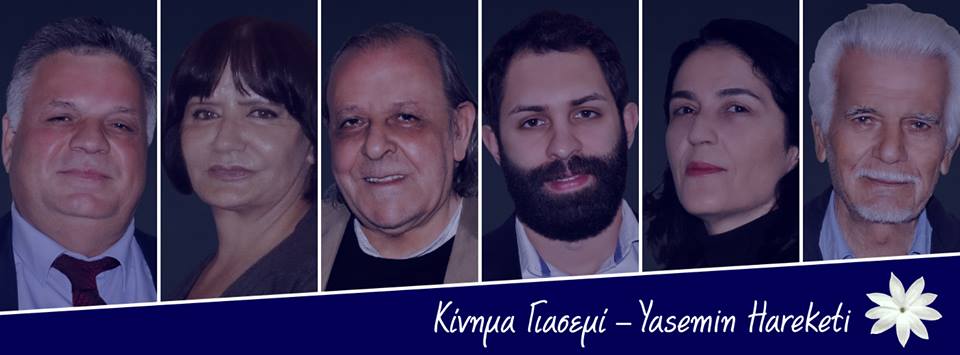Nine Turkish Cypriots are controversially among those fighting for six seats in the European Parliament elections that will take place in South Cyprus on Sunday, 26 May.
Turkish Cypriots are regarded as EU citizens by virtue of the Greek Cypriot side’s accession to the bloc in 2004, meaning they have the right to vote in the European elections and be elected as MEPs.
However, they can only cast their vote at a limited number of special polling stations set up by the Greek Cypriot authorities on the southern side of the island’s border.
While around 81,000 Turkish Cypriots in the TRNC are said to hold Republic of Cyprus ID cards it is not yet clear how many will attempt to vote.
There are several hundred Turkish Cypriot voters who live in South Cyprus who are also eligible to vote, along with other EU nationals, according to figures released this week by Greek Cypriot authorities.
In 2014 scores of Turkish Cypriot voters were reportedly left off electoral lists, meaning that many were unable to cast their ballot.
Turkish Cypriot MEP hopefuls are also required to register with the South’s Central Electoral Service to have their names included on the ballot paper.
All the main political parties in the Turkish Republic of Northern Cyprus (TRNC), over which the Greek Cypriots and the EU have no control, have boycotted the Euro poll, as in the past.
TRNC party leaders have dismissed the candidacy of Turkish Cypriots, saying that any who are elected cannot be seen to represent North Cyprus.
One who has been the focus of attention this year is Niyazi Kızılyürek, a professor at the South’s University of Cyprus in Nicosia, where he has worked since 1995.
He was unveiled earlier this year as one of six candidates for the Progressive Party of Working People (AKEL) – Left – New Forces, the official name for the Greek Cypriot main opposition.
Billboards urging Turkish Cypriots to vote for Kızılyürek as “our voice in Europe” have sprung up around the TRNC

It is the first time ever that a Turkish Cypriot has been a candidate for a Greek Cypriot political party.
AKEL currently has two MEPs although one – Takis Hadjigeorgiou – is not seeking re-election, raising the prospect of Prof Kızılyürek winning a seat.
The turnout for the European elections in Cyprus has also fallen sharply, to less than 45 per cent in 2014, meaning a larger than expected response from Turkish Cypriots could swing the result in AKEL’s favour.
Billboards urging Turkish Cypriots to vote for Kızılyürek as “our voice in Europe” – but without any mention of AKEL – have sprung up around the TRNC in the run-up to the vote.
The academic has also been drumming up support by visiting villages in North Cyprus and via social media.
TRNC Prime Minister Tufan Erhürman, leader of the Republican Turkish Party, said in January that “Turkish Cypriots can only be represented by people elected by Turkish Cypriots”.
Then Deputy Prime Minister and People’s Party leader Kudret Özersay said that a person cannot “automatically” represent the Turkish Cypriot people “just because he or she is a Turkish Cypriot”.
“Representation is about how the elections are held and by whom they are held,” he said at the time.
The move by AKEL to include Kızılyürek – who speaks Greek as well as Turkish, English, German and French – on their ticket has also ruffled feathers on the Greek Cypriot side of Cyprus.
Nikos Nouris, the vice president of their main rivals the Democratic Rally (DISY), last week reportedly called on AKEL to clarify “if they were promising Turkish Cypriots that the election of a Turkish Cypriot MEP would mean the representation of the Turkish Cypriot community in the European Parliament and not of the Cyprus Republic”.
Six Turkish Cypriots are standing as part of the Jasmine Movement
Prof Kızılyürek has previously said that he would do “everything I can” to make Turkish Cypriots visible on the international stage.
Another Turkish Cypriot candidate for the European elections is Şener Levent, the controversial editor of the daily newspaper Afrika and an outspoken critic of Turkey.
Mr Levent garnered over 2,700 votes – around one per cent of the total cast – in 2014 as an independent candidate.
This time he is campaigning with five other Turkish Cypriots – İbrahim Aziz, Öz Karahan, Zeki Beşiktepeli, Faize Özdemirciler and Leyla Hüseyin – as part of the “Yiasemi” (Jasmine) Movement, which will stand for “all Cypriots” if elected.
The two other Turkish Cypriot candidates are Mehmet Birinci and Kiazim Halit of the Cyprus Socialist Party.






